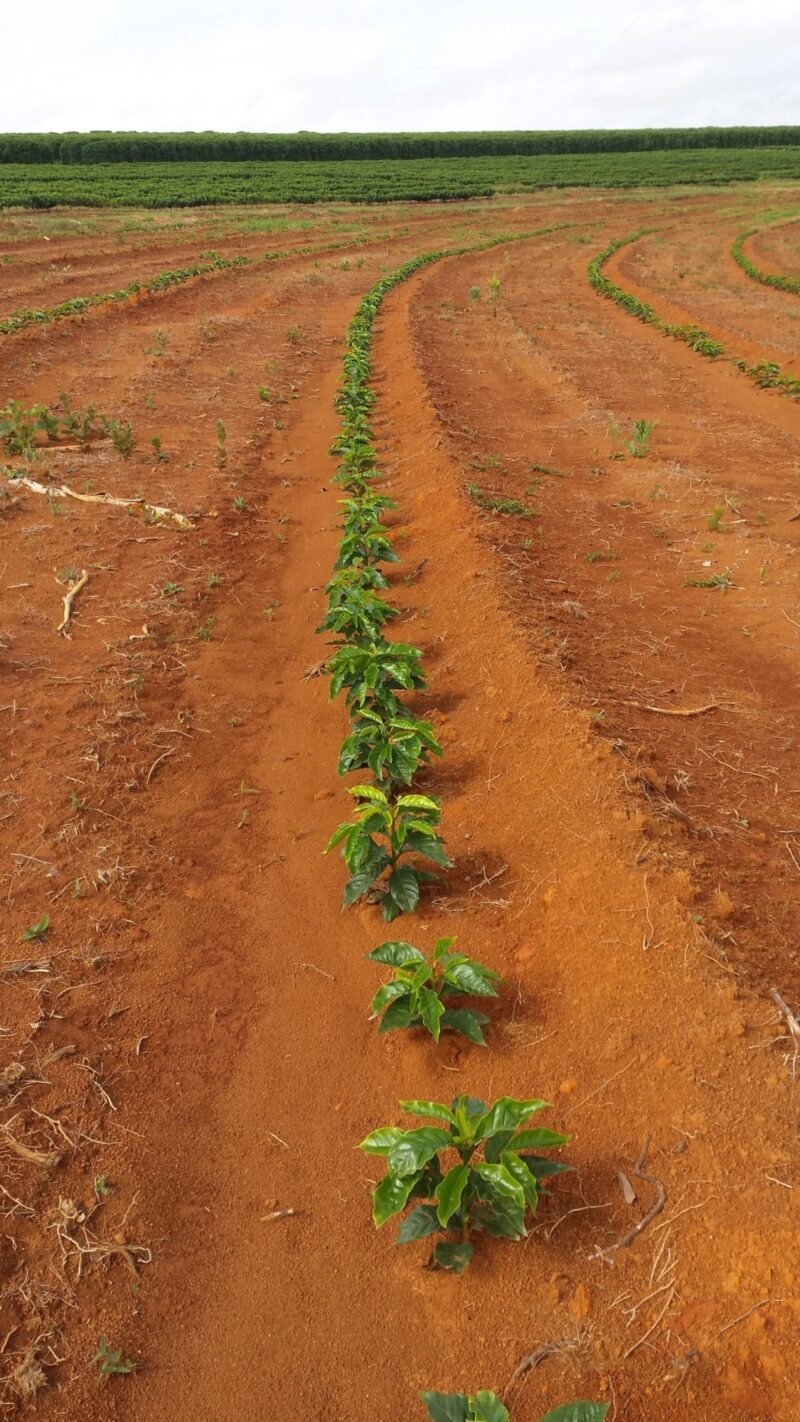Challenges in climate adaptation planning
Share

Adaptation to climate change impacts is one of the main areas in the international climate negotiations. To help vulnerable countries in identifying their adaptation needs and developing and implementing strategies to address those needs, the UNFCCC established the national adaptation plan (NAP) process as part of the Cancun Agreements in 2010. There has been a lot of work done in the area of climate adaptation since then and, most recently, the world adopted a global goal to “enhance adaptive capacity, strengthen resilience and reduce vulnerability to climate change” under the Paris Agreement.
But what does enhancing adaptive capacity, strengthening resilience and reducing vulnerability look like in practice and what are the key elements of successful adaptation planning?
The Adaptation Futures conference, 10-13 May in Rotterdam, brought over 1600 climate change adaptation experts, scientists and practitioners from over 100 countries to share their experiences and solutions.
Climate Analytics researchers contributed to the session The NAP process: opportunities and challenges for climate-resilient development, jointly organised by GIZ, Acclimatise and Climate Analytics. The session focused on bringing together science and practice to discuss challenges and present solutions for the successful development of process-oriented National Adaptation Plans (NAPs).
Success factors in NAP creation
While NAP development in many countries is still in early stages, there is an emerging common understanding among practitioners about some of the challenges and solutions, such as
- finding the right entry points
- supporting adaptation action with scientific information,
- bridging the gap between adaptation planning and implementation.
Experiences from Brazil and Thailand, and other countries including Bangladesh, the Philippines and Montenegro, shared during the session, demonstrated that awareness is the first precondition to initiating a NAP. This may mean identifying a gap in planning or more widely recognising adaptation needs and the urgency to take action towards increased resilience. Experts agreed that the key to success in NAP formulation is extensive consultation and ownership by the stakeholders in the process, including the government, private sector, academia, NGOs, and other relevant groups.
Session participants discussed ways to address the three central challenges to a successful NAP process:
Identifying entry points for mainstreaming NAPs into government policy cycles
Determining the entry points for inclusion of adaptation considerations into the relevant areas of policy making may be through the medium-term development plan, a legislative approach, or the usage of regulatory frameworks (e.g., strengthening and updating of building codes used to enhance adaptation action in the infrastructure sector). The key is to find the suitable institutional structure that allows for continuous improvement through learning-by-doing in support mainstreaming efforts.
Building adaptation planning on reliable data
In most countries, data availability and access, as well as the analysis, interpretation of data and communication from scientists to policy makers remain a challenge. Suggested solutions include the creation of working groups involving both data analysts and policy makers, improved expectations management (i.e. laying out the needs and what can be provided), and generally open and active communication channels.
Overcoming barriers to NAP implementation
All countries face initial problems to coordinate NAP implementation between sectors and between national and local levels. This includes challenges caused by fragmented financial resources as well as by shared competencies and ownership. Among the practical solutions provided were raising awareness and involvement of the private sector and local community, and the creation of a coherent funding strategy that links initiatives at the national and subnational levels can help facilitate a seamless implementation and maximize the use of resources.
Adaptation Futures is a biennial conference organised by PROVIA, the Global Programme of Research on Climate Change Vulnerability, Impacts and Adaptation.












